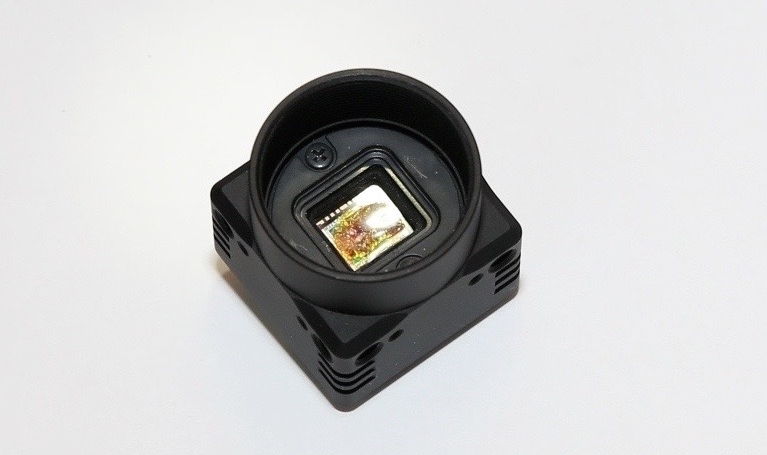
The optical spectrometer, an instrument that breaks down the light that something reflects or emits, telling you what it's made of, is used for everything from diagnosing skin cancer to identifying the makeup of unknown chemicals. They are usually big and expensive pieces of equipment but that's changing. Jie Bao, a physicist at Tsinghua University in Beijing, and Moungi Bawendi, a chemist at MIT, co-authored an article in Nature published today that explains how they designed a working spectrometer that can fit in your hand.
Spectroscopy is pervasive throughout many scientific fields because it deals with whenever light interacts with matter. Bao and Bawendi's work suggests that it could become even more widespread since their creation is affordable to make due to its small size. The materials they use cost less than ten dollars.
We expect that quantum dot microspectrometers will be useful in applications where minimizing size, weight, cost and complexity of the spectrometer are critical.
The pocket spectrometer, the size of a quarter, uses tiny amounts of light-sensitive inks printed directly onto a flat sensor (the same type of sensor that's used in your phone's camera to detect light.) The ink is printed as a grid of 195 differently colored dots, and each dot picks up certain wavelengths of light, and ignores others. This process allows a computer to later analyze the data from the dots and reconstruct the original light.
What the creators would like to see next is their spectrometer integrated with smartphones and watches allowing the common man, not just scientists, access to this powerful tool.
Image credit: Jie Bao / Popular Mechanics
https://www.techspot.com/news/61233-common-scientific-tool-could-coming-soon-smartphone.html